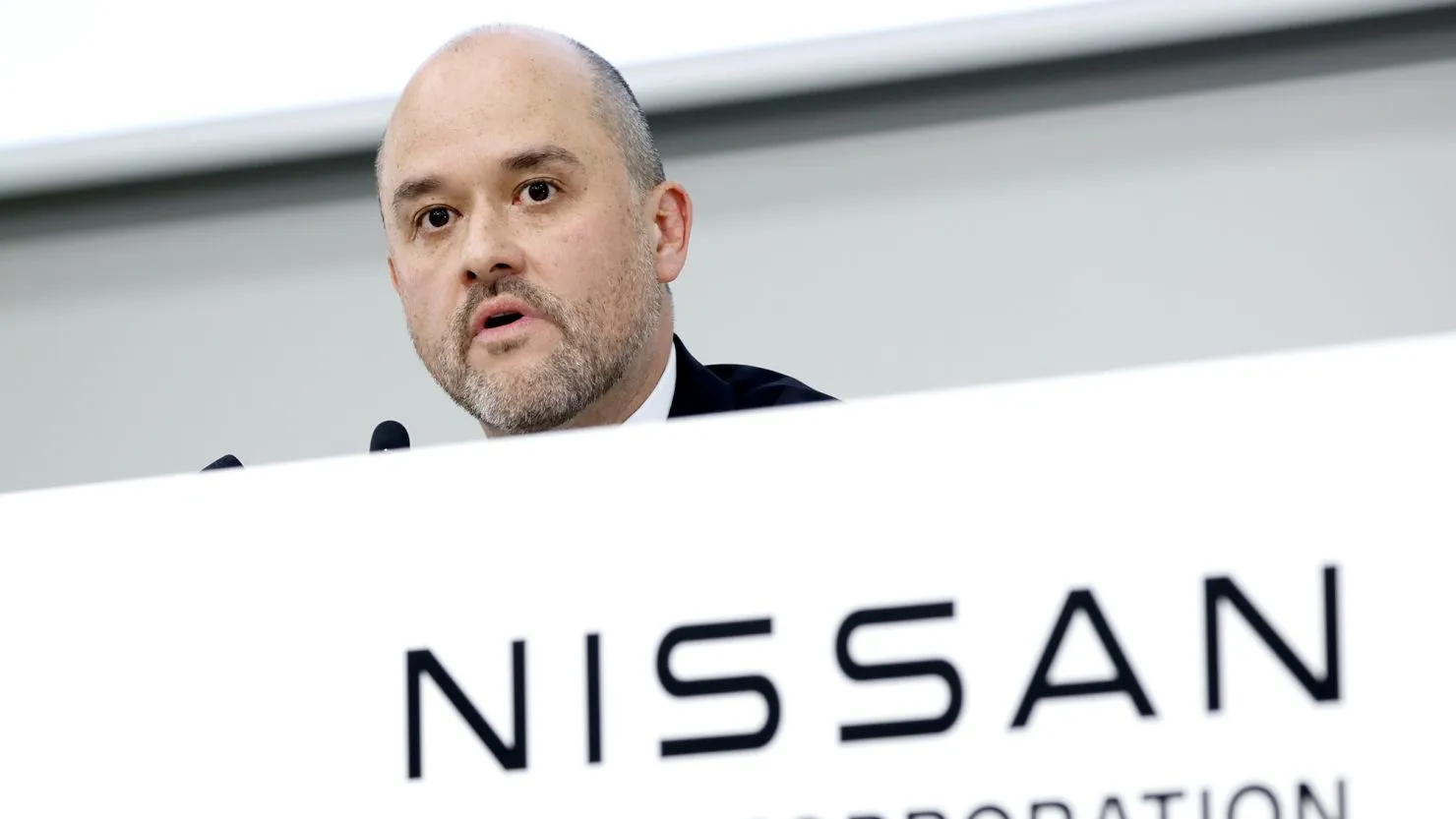Nissan’s Strategic Downsizing: A Response to Economic Pressures
In a move that has sent waves through the automotive industry, Nissan Motor Co. has announced plans to more than double its layoffs, estimating around 20,000 job cuts globally. This has been perceived as a direct response to the ongoing financial losses that are plaguing the Japanese automobile giant.
The Scale of Changes
Among the staggering cuts, Nissan is set to cut an additional 11,000 jobs and shutter seven manufacturing facilities around the world. This drastic reduction represents a significant 15% of its global workforce, raising concerns not only about the future of the company but also about the broader implications for the industry.
Nissan’s Financial Struggles
The announcements come at a challenging time for Nissan as the company grapples with falling sales, intensifying competition, and substantial operational losses. The financial landscape has shifted dramatically over the past few years, largely due to the worldwide effects of the COVID-19 pandemic, which disrupted supply chains and consumer behaviors.
Recent Losses
Nissan posted its recent losses, which prompted a reevaluation of its strategies and operational efficiencies. The ongoing chip shortage has curtailed production and hampered the company’s ability to meet market demands. With electric vehicles gaining traction and traditional models facing dwindling consumer interest, Nissan finds itself at a crucial crossroads.
Rationale Behind Job Cuts
Many industry analysts view these layoffs and factory closures as part of a larger strategy to streamline operations and enhance profitability. By reducing labor costs and halting production at less profitable sites, Nissan aims to reverse its fortunes and reposition itself in a rapidly evolving market.
Global Strategy
The company’s strategy extends beyond Japan, with cuts affecting facilities in major markets such as North America, Europe, and Asia. This international approach highlights the global nature of the issues affecting the automotive industry, as Nissan seeks to remain competitive against both traditional and new entrants into the market.
Industry-wide Impacts
Nissan’s significant cuts are not an isolated event. The automotive industry at large is undergoing a paradigm shift, characterized by the rise of electric vehicles (EVs), changing consumer preferences, and stricter regulatory environments around emissions. Competitors are investing heavily in EV technology to meet these challenges, putting pressure on established manufacturers.
Competitive Landscape
Companies such as Tesla, Rivian, and other newcomers are reimagining transportation, forcing traditional automakers like Nissan to adapt quickly. This transition requires substantial investment, risking further financial strain on a company already facing challenges.
Employee Impact
The human aspect of these changes cannot be understated. The emotional toll of job cuts on employees and their families is profound, and many are left questioning their futures amid uncertainty. Communities reliant on Nissan’s manufacturing facilities may also feel the repercussions of reduced employment in terms of economic stability.
Support for Affected Workers
Experts suggest that companies facing such extensive layoffs should implement robust support systems to assist affected workers. This might include severance packages, career counseling, and job placement services. As the labor market tightens, providing these resources could mitigate some of the impact on workers and demonstrate corporate responsibility.
A Look to the Future
Nissan’s leadership has made it clear that the goal of these cuts is to establish a more sustainable and profitable future. CEO Makoto Uchida outlined a vision focusing on innovation in electrification and advanced driver-assistance systems (ADAS), believing firmly that the future lies in developing next-generation technologies.
Investing in Electric Vehicles
Nissan has already committed to significant investments in EV development. The company aims to launch several new electric models in the coming years, hoping to regain consumer interest and market share. However, this ambitious plan hinges on the effective execution of their downsizing strategy, which necessitates a solid foundation.
Conclusion
The automotive industry finds itself at a critical juncture as Nissan’s restructuring efforts unfold. While the company’s move to cut 20,000 jobs and close factories might seem rigorous, it may be a necessary step for survival in a competitive and rapidly changing market. As companies undergo transformation, one thing is clear — the automotive landscape is shifting, and organizations that adapt swiftly will be best positioned for success in the future.
In the coming months, as Nissan implements these changes, it will be crucial to monitor not just the economic impacts, but the broader implications for workers, communities, and the global car market. The future of Nissan and the overall automotive industry remains uncertain, but one fact is clear: change is inevitable.







